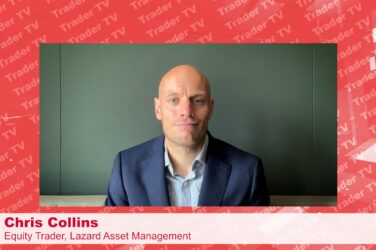Change is definitely in the air for U.S. equity market structure.
The last significant change made was in 2005 when the U.S. Securities and Exchange Commission introduced Regulation National Market Structure to modernize the market, as demutualization and exchange consolidation was coursing through the industry.
Since then, the equities market has had to deal with the knock-on effects of electronic trading — the rise of algorithmic and high-frequency trading as well as subsequent disruptions including the notorious ‘flash crash’ of May 2010.
Through it all, self-regulatory organizations maintained control of the operations committee of the NMS Plan. The committee has reached out to the industry and established advisory committees, but control remains firmly with the operations committee.
Since the launch of the SEC’s Equities Market Structure Advisory Committee in January 2015, the regulatory body has been getting an earful from the broker community about the perceived shortcomings of the NMS Plan’s operations and possible solutions that would improve transparency and efficiency.
No one knows where all this will lead, but some outcomes are more likely than others. Here’s my early line on what may transpire, starting with the least likely.
- Brokerage community dominates a reformed NMS Plan operations committee. (50-1) It might hark back to when exchange members had a direct voice in the operations of their exchange, but the SEC would not feel comfortable making such a radical change. Also, the political pushback from the exchange operators and their shareholders would be epic.
- The largest exchange operators consolidate their control of the NMS Plan operating committee. (20-1) Some have argued that the smaller exchanges have a disproportionate amount of influence on the operations committee considering their smaller market shares and trading volumes. By distributing the voting rights based on market share or each exchange medallion owned and eliminating the one-vote veto, it would make sure that exchange operators with the most skin in the game would have an equivalent level of influence on the committee. However, this goes against the regulatory trend of expanding inclusion.
- The SEC decides to keep the status quo. (18-1) Leaving things the way they are is not really an option for the regulator. It designed the model as a hybrid of the pre- and post-Reg NMS worlds because it did not know what the long-term effects of Reg NMS would have on the market. Now that it does, the SEC cannot be seen as doing nothing.
- The SEC includes some sort of market representation on the NMS Plan operating committee. (8-1) Whether it is a token position or significant representation on the operations committee, the change would balance competing interests of for-profit entities by forcing them to address common interests.
- The SEC makes cosmetic changes (1:3) When in doubt, punt! The regulator could kick it back to a joint exchange-broker subcommittee, establish a comment period, or have the SEC staff research the issue. There are many ways the current commissioners can run out the clock until there is enough political cover to address this issue properly.
No matter what the regulator chooses to do, it’s going to make sure that it has the necessary data to justify its decision and that will take time. Do not expect a decision any time soon.
For More on Market Structure:
- Access-Fee Pilot Inches Forward
- Is it Time for Broker and Buy-Side Suffrage?
- Passporting Defines London’s Future






